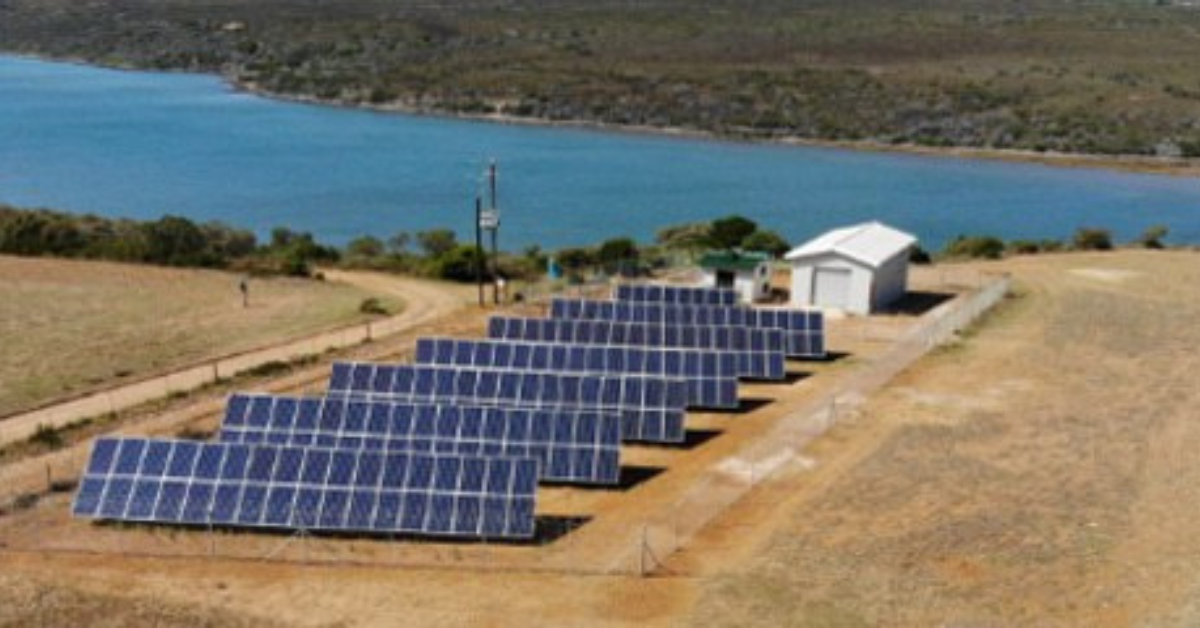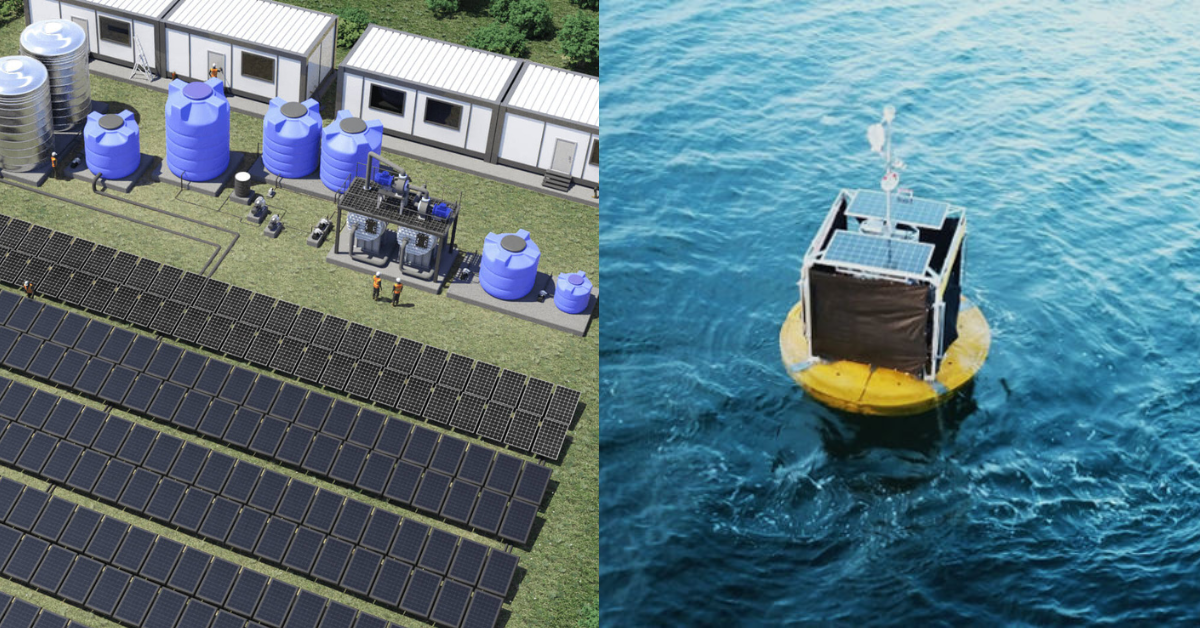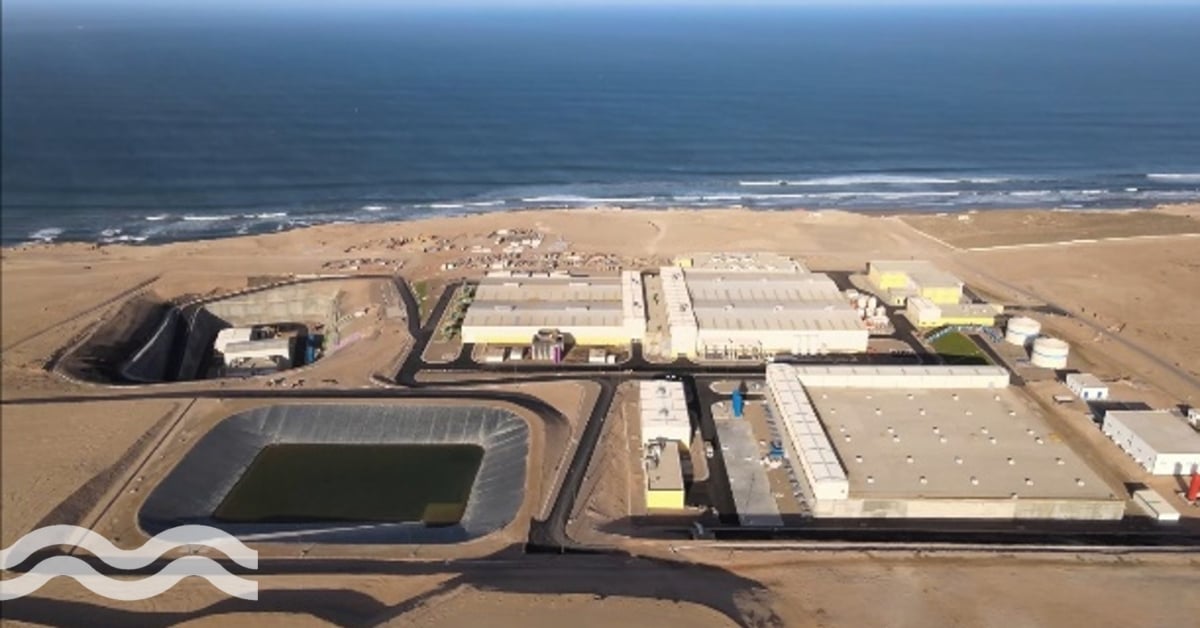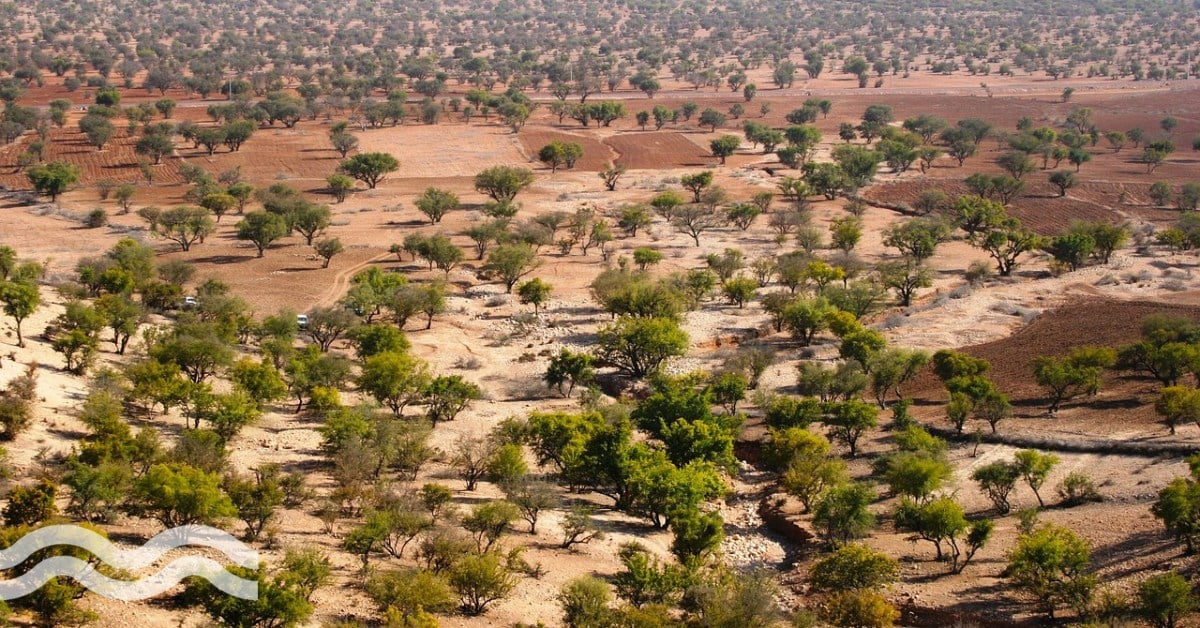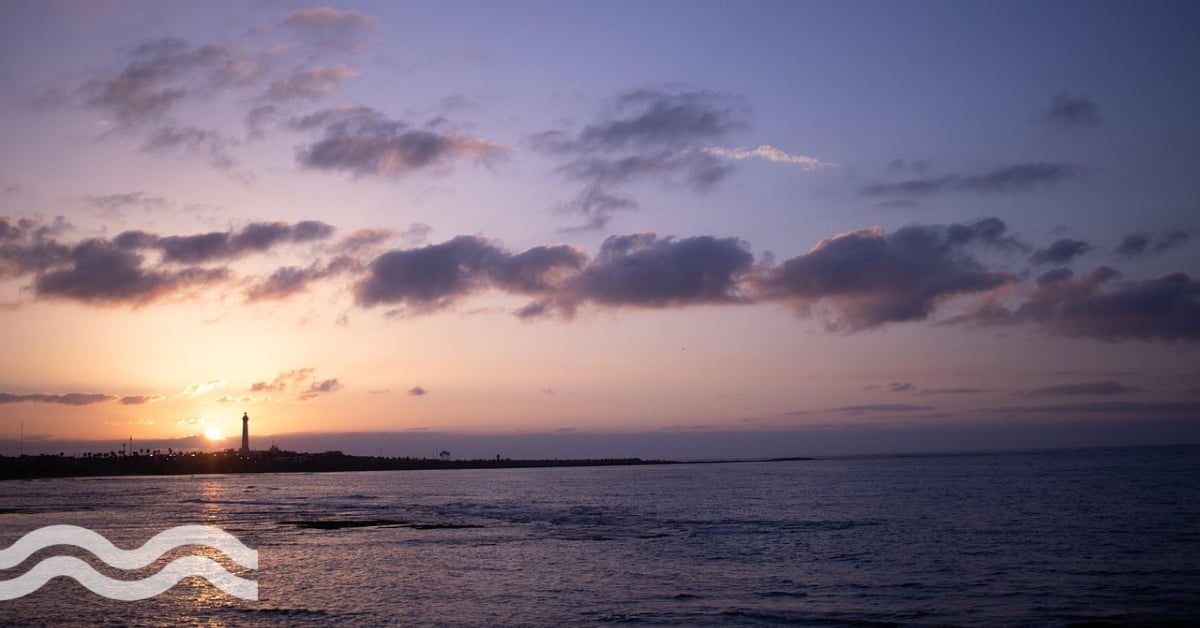Senegal turns to desalination to address water scarcity concerns
Senegal is addressing water scarcity concerns by bolstering its desalination capacity, thanks to a renegotiated deal with Saudi Arabian ACWA Power for a plant on the country’s Grande-Côte.
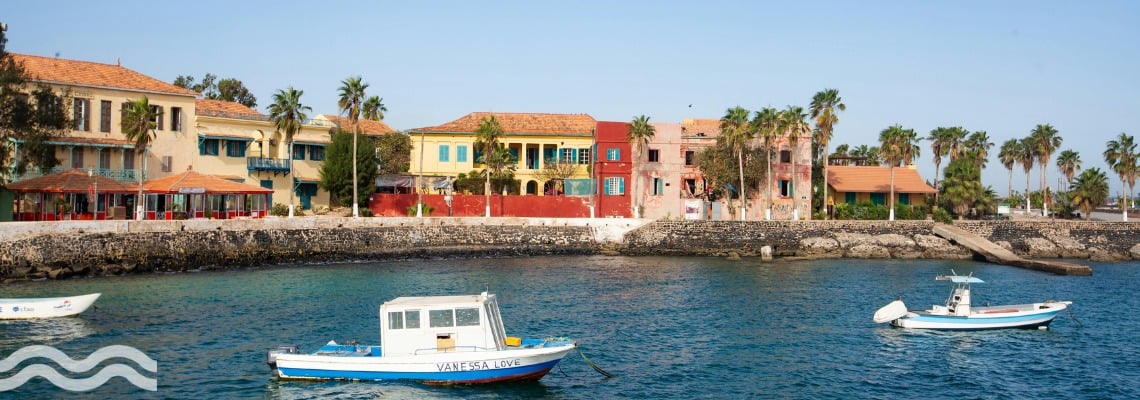
Water stress in Senegal
According to the World Bank, Senegal is a water-stressed country that urgently needs to prioritise water security to achieve and sustain its development objectives.
Withdrawals are projected to increase by up to 60 per cent by 2035, while extreme weather events and pollution already cost the country more than 10 per cent of its GDP every year.
The area most at risk is the capital Dakar, and its surrounding region; almost half the country’s population is concentrated here, and it contributes more than 50 per cent of Senegal’s GDP. Aquifers in the region are over-exploited and polluted, and Lac de Guiers, which provides about 40 per cent of the area’s water supply, is threatened by pollution and competing resource demands.
Like many countries, Senegal has been experiencing a perfect storm of population boom, increasing industrialisation, agricultural demand, and severe drought.
To better understand the challenges it faces and ways to overcome these, the Senegalese government’s Ministry of Water and Sanitation contracted the World Bank to study water security in the country.
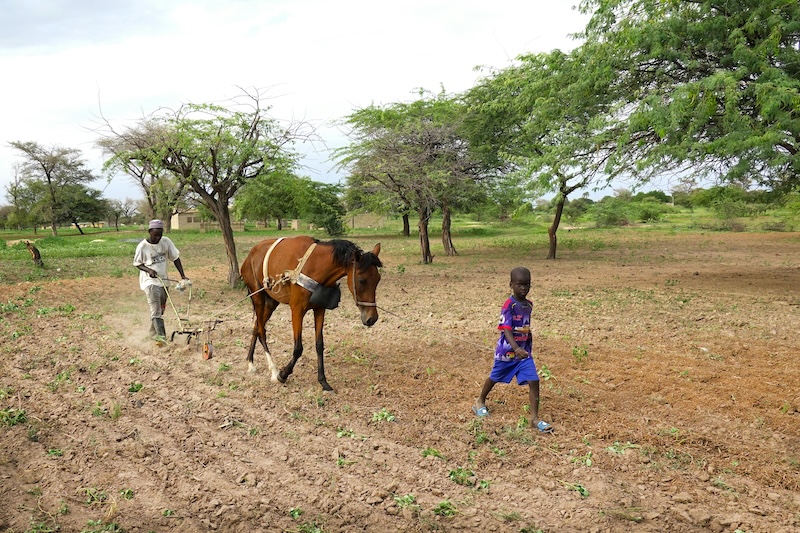
Where does Senegal source its water?
In its study of water scarcity in Senegal, the World Bank noted that surface water is the main source for agriculture, whereas groundwater is used for potable uses and industry. However, in periods of low rainfall, neither source is abundant enough to meet demand.
The World Bank’s study made several recommendations for how the Senegalese government could improve water security in the country, including capitalising on wetlands and green infrastructure to improve stormwater management and capture. It also calls for an increase in wastewater recycling and desalination – a path that other African nations, such as Morocco, are investing heavily in.
Desalination in collaboration with Saudi Arabia
To increase desalination capacity in the country, a 400,000 m3/day plant is being constructed on the Senegalese Grande-Côte by Saudi Arabian company AWCA Power.
Bassirou Diomaye Faye, President of the Republic, said on social media: “The strategic and win-win partnership between Senegal and the Kingdom of Saudi Arabia has reached a new milestone with the signing of the renegotiated contract for the construction of the Grande-Côte water desalination plant, with ACWA Power.”
The plant has experienced a stop-start journey to construction. An original memorandum of understanding was signed by the Saudi company and the country in September 2022 was scrapped in 2024 following a change in governmental administration in Senegal.
Other water projects in Senegal
The government has recently launched phase two of its rural drinking water project, with more than €82 million in funding being spent on the construction of critical hydraulic infrastructure. This project is enhancing access to water across the more rural areas of the country.
In 2024, the World Bank invested more than €170 million in sanitation services and water resources in priority water security hotspots across the country. The Integrated Water Security and Sanitation Program for Senegal (PISEA) aims to improve access to drinking water and sanitation and build resilience to flood and drought risks. The project is expected to benefit more than seven million people, including 3,000 farmers who can use treated wastewater to irrigate 600 hectares of land.
In the Dakar region, the PISEA project will see the construction of sewage systems and an activated sludge treatment plant equipped with a tertiary treatment system. Water from the sludge treatment plant is planned for use in an irrigation distribution network in rural areas.
The PISEA project will also cover financing for groundwater recharge, reduction of non-revenue water loss, the promotion of citizen engagement, and the preparation of key sector reforms.
Other investments have come from the European Investment Bank, which has financed the building of a drinking water treatment plant in northern Senegal, with reservoir storage units, and extensions to the distribution network.
